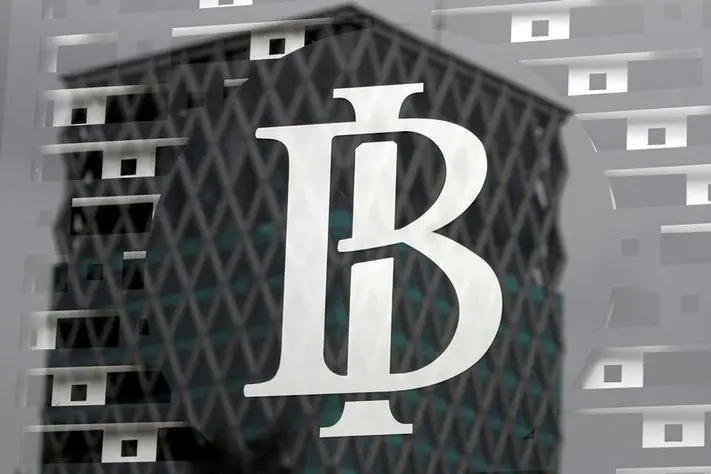PHOTO
JAKARTA - Indonesia's central bank kept interest rates on hold on Thursday and said it was looking at ways to boost loan growth, but indicated it was in no hurry to start rolling back last year's six benchmark hikes.
Bank Indonesia (BI) left the 7-day reverse repurchase rate at 6.00 percent - its level since November - as predicted by all 25 economists surveyed by Reuters.
It raised interest rates by 175 basis points last year to combat capital outflows that sent the rupiah IDR= to its lowest since 1998. One cause of outflows was the Federal Reserve's four increases in U.S. rates.
With the Fed turning cautious on further hikes, the rupiah has rebounded and been one of best-performing emerging Asian currencies in 2019. The Fed might only hike once this year, Governor Perry Warjiyo said.
The governor said a challenge this year is boosting exports during a global slowdown. He said he would work with the government to reduce Indonesia's current account gap - which hit a four-year high in 2018 - and to maintain growth momentum by pumping liquidity into the banking system and pursuing "accommodative" lending rules.
"So we will direct interest rate policy toward (maintaining) external stability, while we ease liquidity. Macroprudential policy will be eased," Warjiyo told reporters.
BI was reviewing instruments such as countercyclical capital buffer, loan-to-value for home and vehicle lending and other liquidity rules for possible easing, which would boost lending and economic growth, Warjiyo said.
Southeast Asia's largest economy grew 5.17 percent last year, accelerating slightly from 2017. BI forecasts 2019 growth at 5.0-5.4 percent.
CHANGED FORECAST
After Thursday's BI decision, Capital Economics said it dropped its forecast of two rate hikes this year, now seeing no change all year.
"It was notable that the central bank sounded less concerned about the country's external vulnerabilities, noting that it expected the rupiah to remain stable this year," the consultancy said.
Wisnu Wardana, Bank Danamon economist in Jakarta, said BI's policy mix reflects its effort to balance domestic and external issues. But he doesn't see a near-term rate cut.
"If growth is pushed further with a rate cut while our basic balance is still in deficit and liquidity tight, the rupiah will go back under pressure," Wardana said.
ING economist Nicholas Mapa agreed. "With concerns about Indonesia's current account struggles still fresh on investors' minds, (Warjiyo) will likely refrain from reversing course in the near term as he preaches stability while the government works to jumpstart reforms in the trade and tourism sectors to alleviate pressure on the current account," he said.
A slowing global economy and increasing strain on businesses from the U.S.-china trade war are tilting other central banks in Asia, from Japan to Australia, towards monetary easing in a striking 180 degree turn from last year.
India, which like Indonesia has a sizable current account deficit, cut rates this month.
BI remained confident inflation would stay within its 2.5-4.5 percent target range for 2019. January's 2.82 percent annual rate was the lowest since August 2016.
(Additional reporting by Fransiska Nangoy and Nilufar Rizki; Editing by Richard Borsuk) ((gayatri.suroyo@thomsonreuters.com; +622129927609; Reuters Messaging: gayatri.suroyo.thomsonreuters.com@reuters.net))





















